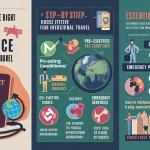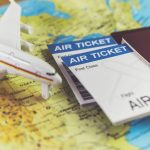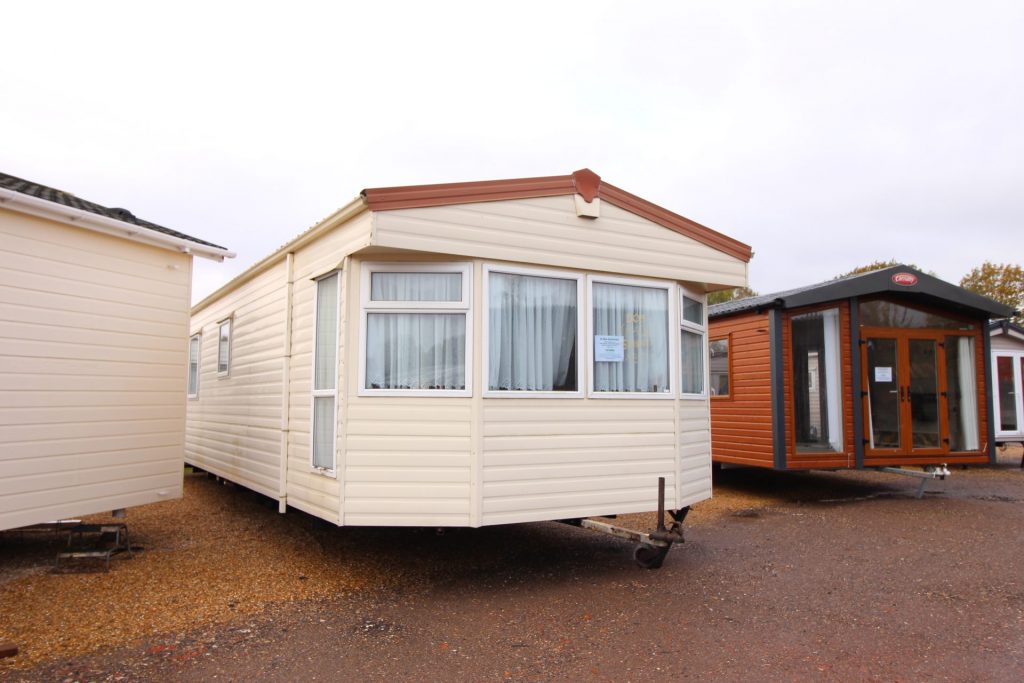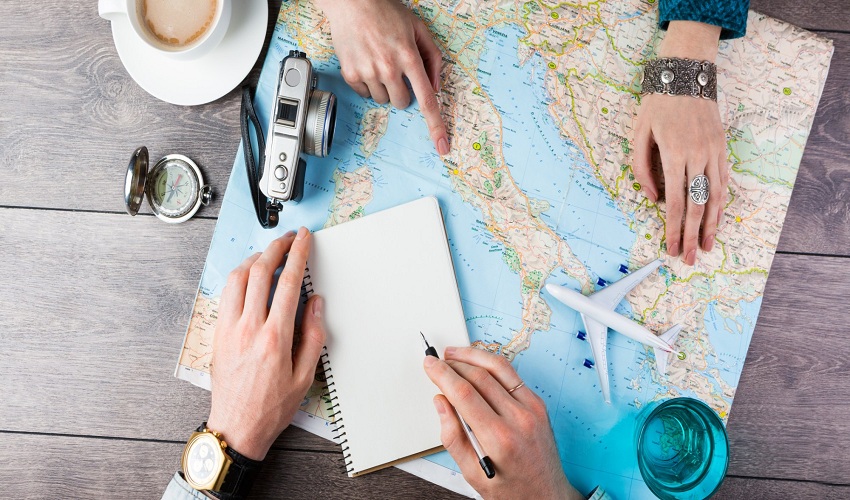When preparing for a trip, understanding how much money you can legally carry is crucial. Different countries have varying regulations regarding the amount of money can you travel with, and failing to comply can lead to significant consequences. This guide will help you navigate the rules for both international and domestic travel, ensuring you are well-prepared for your journey.

Content
International Travel Money Regulations
When traveling internationally, you must be aware of customs declarations and reporting requirements for the amount of money you carry. Many countries have specific thresholds for the amount of undeclared cash you can bring into or out of the country. For instance, in the United States, any amount over $10,000 must be declared to customs officials. This applies not only to cash but also to monetary instruments such as traveler’s checks and money orders.
Different countries have varying thresholds and regulations. For example, in the European Union, the limit is €10,000. It’s essential to check the specific requirements of your destination country to avoid any issues at customs.
How Much Money Can You Travel With Domestically
Within the United States, there are no federal restrictions on the amount of cash you can carry when traveling domestically. However, carrying large sums of money can attract attention from law enforcement officials, particularly at airports. TSA agents may question you if they discover a significant amount of cash during security screenings.
To avoid unnecessary complications, it’s advisable to:
- Carry only the amount of cash you need.
- Use credit cards or traveler’s checks for larger expenses.
- Keep your cash in a secure and discreet place.
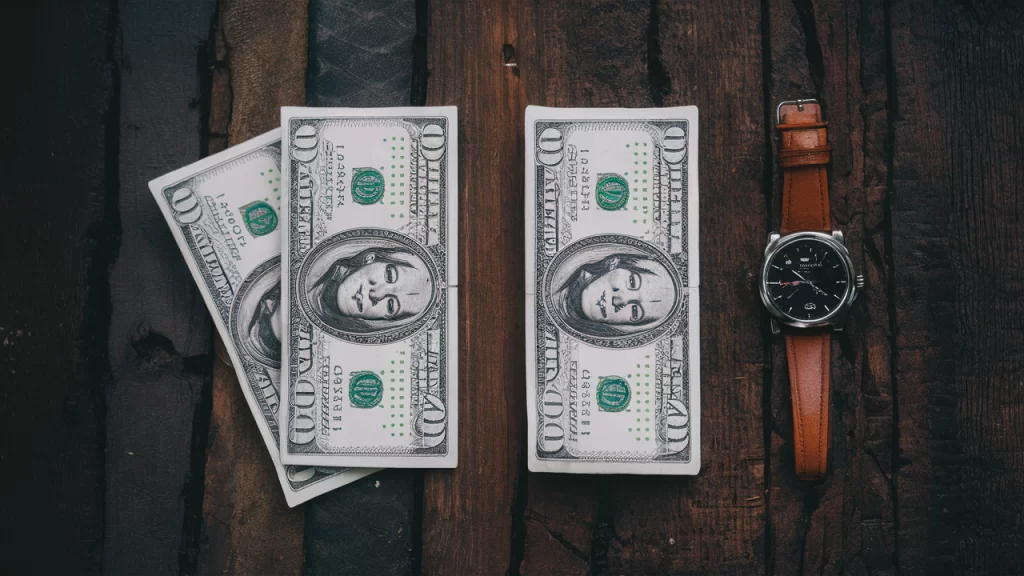
Consequences of Not Declaring Large Sums of Money
Failing to declare large sums of money when required can lead to severe legal consequences. In the US, if you are caught with more than $10,000 without declaring it, the money can be seized, and you may face criminal charges or fines. Other countries have similar penalties, including hefty fines and potential imprisonment.
Case studies highlight the importance of adhering to these regulations. For example, a traveler entering the US with $50,000 in undeclared cash had it confiscated and faced significant legal challenges to recover the money.
Safe Ways to Travel with Large Amounts of Money
Traveling with large amounts of money can be risky, but there are safer alternatives:
- Traveler’s Checks and Prepaid Travel Cards: These can be replaced if lost or stolen, providing a secure alternative to carrying cash.
- International Bank Accounts: For frequent travelers, opening an international bank account can facilitate easy access to funds without carrying large amounts of cash.
- Secure Cash Handling: If you must carry cash, use a money belt or hidden pouch to keep it secure. Avoid displaying large sums in public.
Conclusion
Understanding the regulations around traveling with money is essential to avoid legal complications and ensure a smooth journey. Always check the specific requirements of your destination, declare any amounts over the threshold, and consider safer alternatives to carrying large sums of cash. By following these guidelines, you can travel with peace of mind and focus on enjoying your trip.

An avid traveler, Kirk Grover has been to over 50 countries. He has an extensive background in tourism and hospitality management, along with a degree in Hospitality Management from the University of Nevada Las Vegas. Kirk is very knowledgeable about travel-related topics – they are always up to date on the latest deals for flights, hotels, and other adventures around the world.


